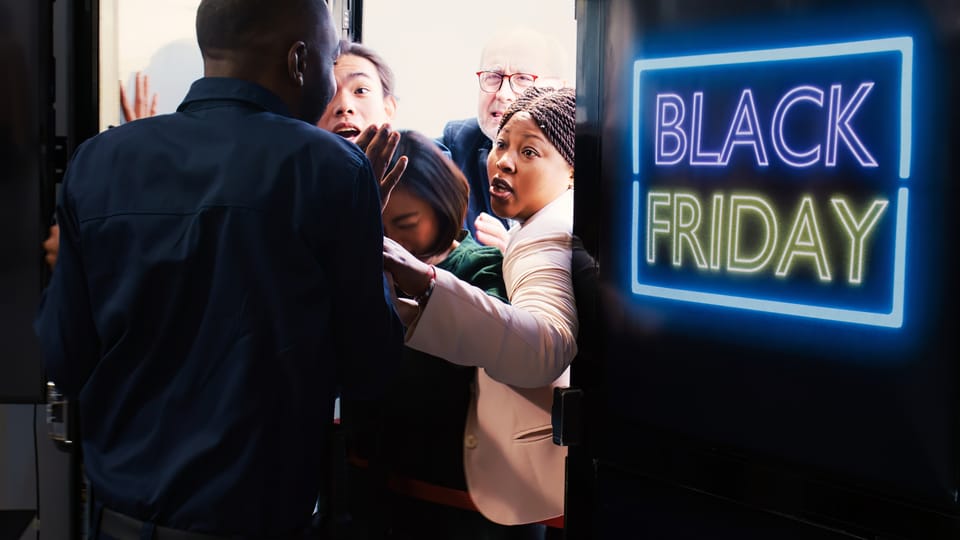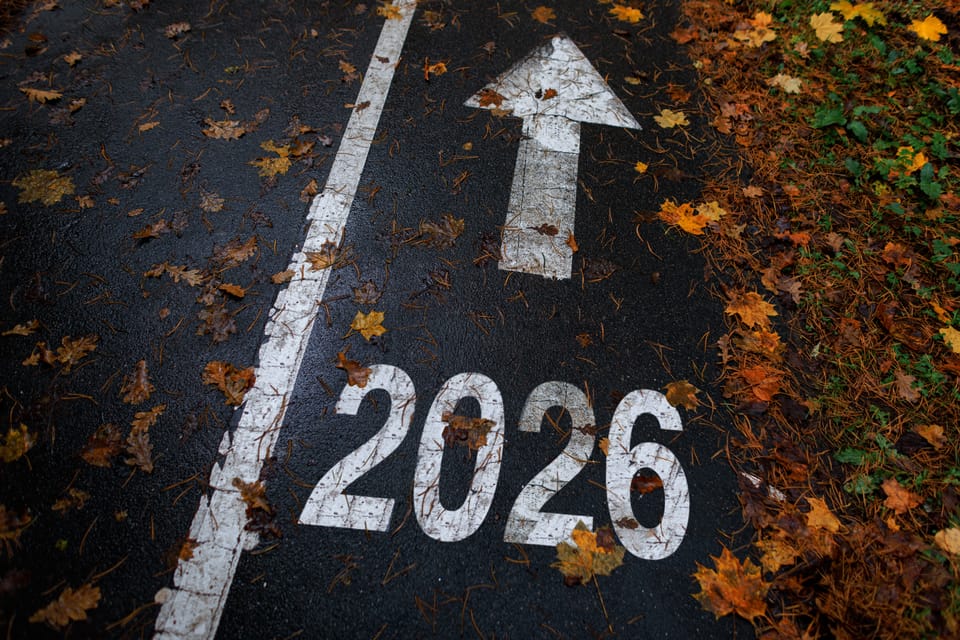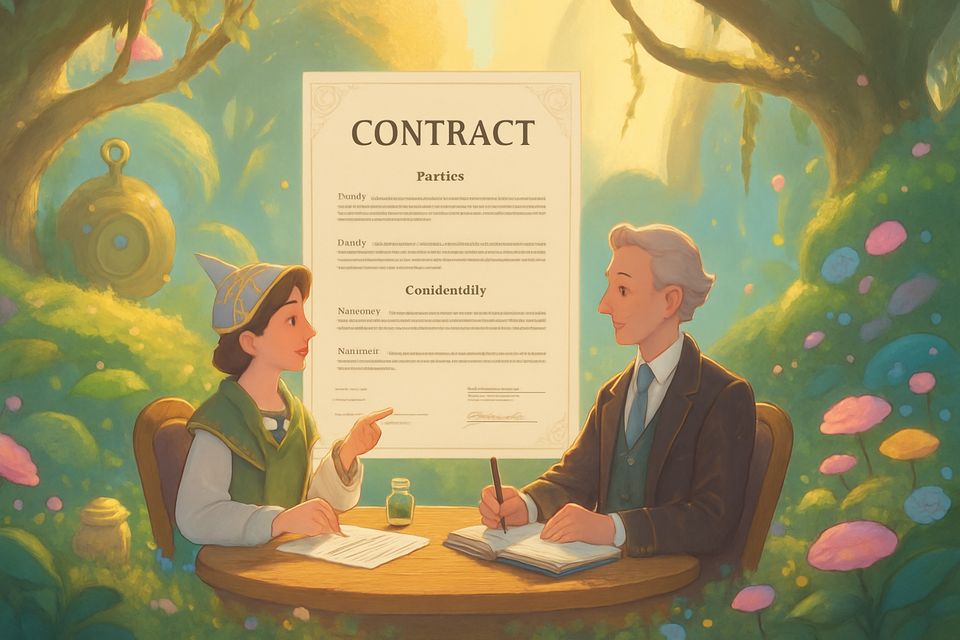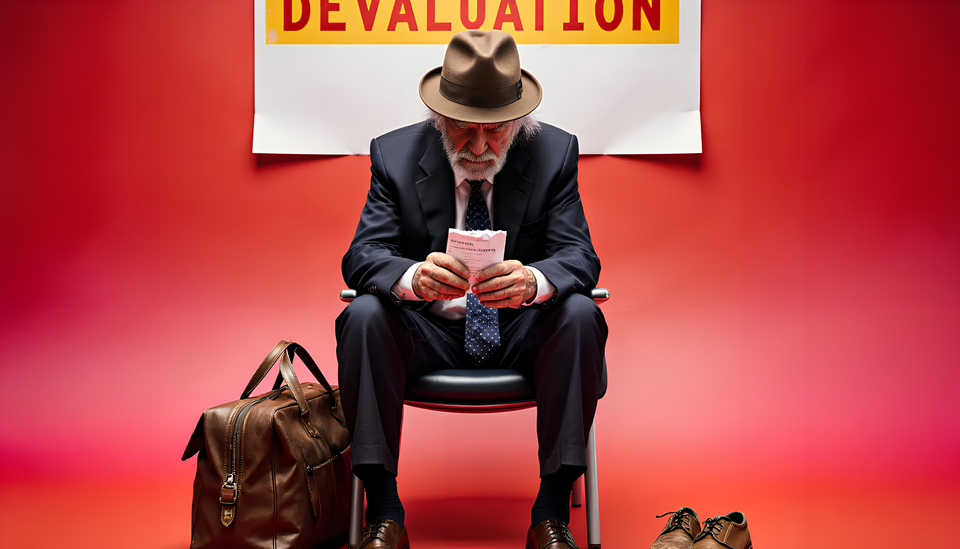United Airlines Just Moved the Goalposts Again—Here’s Why You Should Stop Playing Their Game
United just gutted MileagePlus—again. Higher status thresholds, fewer upgrade perks, and a nerfed Excursionist Perk. Loyalty programs aren’t rewarding you—they’re squeezing you. In 2025, flexibility beats loyalty. Play smart, not loyal. Here's why.
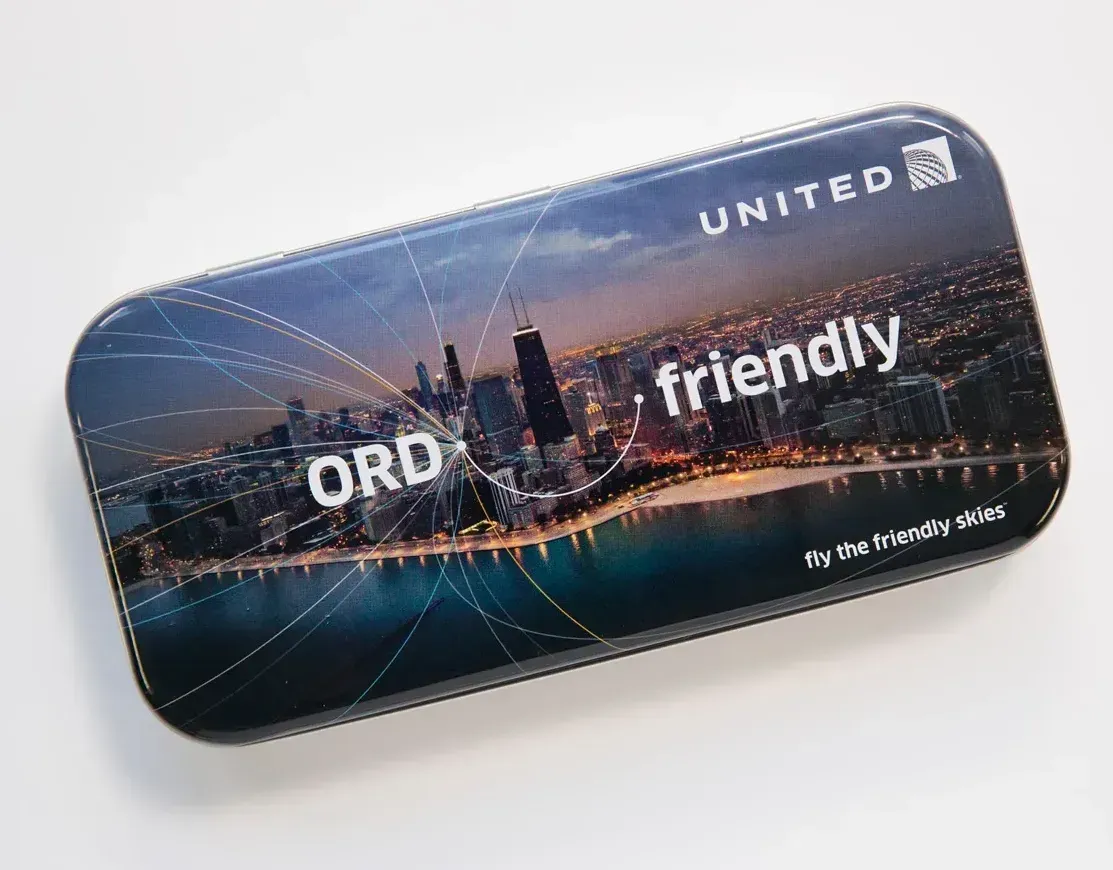
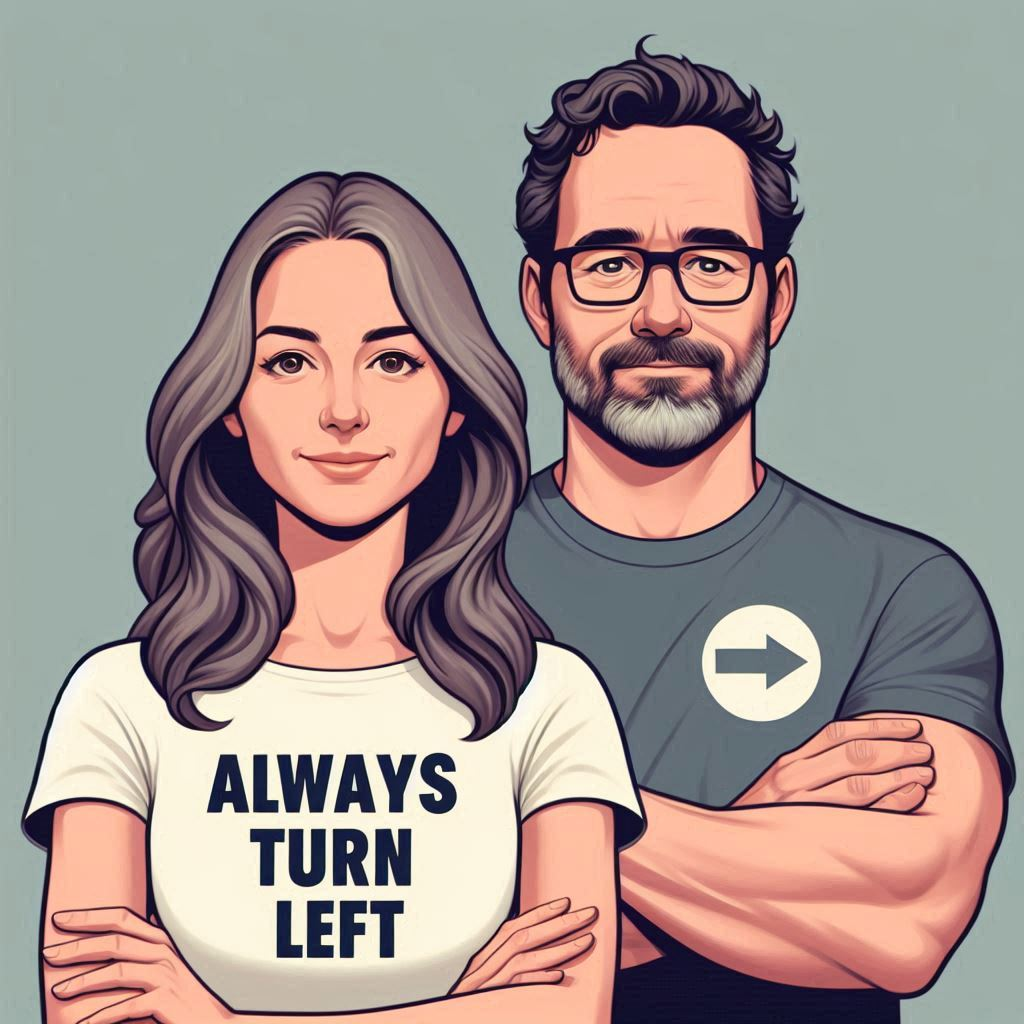
If You Only Had 60 Seconds to Read This Article (Click Here)
United Airlines just made it harder to earn elite status, weakened its Excursionist Perk, and devalued upgrade opportunities—again. These aren’t isolated changes. They’re part of a sweeping industry trend where loyalty programs are being hollowed out in favor of profit. Airlines are making their points harder to earn, less valuable to redeem, and their rules more opaque, all while encouraging you to spend more on their co-branded credit cards. The message is clear: your loyalty is worth less than it used to be.
What many travelers haven’t realized yet is that the old playbook—pick an airline, stay loyal, climb the status ladder—is no longer the smartest move. With dynamic pricing, unpublished award charts, and constant devaluations, building around a single airline means building on quicksand. Meanwhile, the programs selling you these points and promises are under no obligation to maintain their value. You’re not earning perks—you’re buying into a system designed to change the rules whenever it suits them.
In 2025, the real advantage goes to travelers who stay flexible. That means using transferable points, choosing flights and redemptions based on value (not brand), and being ready to pivot when a program shifts. Loyalty used to pay. Now, flexibility does. The best travelers aren’t committed to any one airline—they’re committed to getting the best deal every time they fly.
Everything else you need to know is just below 👇🏻
In a move that’s becoming routine across the airline industry, United Airlines has once again made it harder—and far less rewarding—to be a loyal customer. In 2025, the airline increased the number of points required to earn elite status, gutted a major benefit of its Excursionist Perk, and tightened the criteria for securing upgrades. Worse still, these changes came quietly, without announcement, without apology, and without consideration for the customers who’ve spent years investing in the airline.
These aren’t isolated policy adjustments. They’re part of a broader pattern sweeping through the airline industry. The modern loyalty program has been transformed from a tool to reward travelers into a system designed to extract value from them.
The Loyalty Contract Is Broken
Loyalty, at its core, was supposed to be a two-way street. The original proposition was straightforward: give us your business, and we’ll reward you. Stay with us, and we’ll treat you better than the casual traveler. Fly enough, and you’ll get upgrades, priority service, better seats, and preferential treatment.
That was the promise. But over the last decade, that promise has unraveled.
From Predictable Rewards to Moving Goalposts
In the past, airline loyalty programs were clear. You had published award charts. You knew how many miles you needed for a flight. You knew what it took to reach elite status. It was a system built on predictability.
Today, all of that is gone. Award pricing is dynamic. One day your miles are worth one thing, the next day half as much. A business-class award ticket that once required 70,000 miles might now demand 140,000. Elite qualification thresholds are climbing steadily, often without warning or explanation.
Even worse, transparency has vanished. Airlines no longer feel obligated to publish charts or announce changes in advance. What was once a stable system has become an opaque algorithm.
The Disappearing Benefits
The devaluation isn’t limited to mileage. It’s hitting the benefits, too. Upgrades that were once a regular perk for elite members are now harder to come by and increasingly shrouded in mystery. The Excursionist Perk—once a creative and valuable tool for travelers—has been stripped of much of its usefulness.
It’s a subtle erosion, but a relentless one. With every tweak and “enhancement,” the traveler is left with less.
Why This Shift Matters for 2025 and Beyond
Airline executives have been transparent about one thing: loyalty programs are no longer just about keeping customers. They are massive profit engines. Airlines sell billions of miles each year to credit card issuers, banks, and other partners. The less those miles are worth to you when redeemed, the more profitable they are for the airline.
Every devaluation is not a mistake—it is intentional. It is business strategy.
The Cost of Loyalty Is Increasing
If you’re a traveler—whether you’re a road warrior with hundreds of thousands of miles each year or a leisure flyer trying to maximize credit card points—this matters deeply.
Climbing the loyalty ladder used to make sense. Now, it’s increasingly a trap.
- You spend more money to reach status thresholds.
- You collect miles that are less valuable by the day.
- You plan aspirational trips only to find out the points won’t cover them.
- You get locked into a system that doesn’t reward you anymore.
The Loyalty Illusion
Loyalty programs thrive on a feeling—loyalty itself. But the cold truth is this: the loyalty you show an airline is not returned in kind. The structure has been reversed. You are no longer the customer being served. You are the product being monetized.
The Better Strategy for Today’s Traveler: Stay Flexible
The smartest travelers in 2025 are no longer loyal. They are strategic. They know that the value of a program can change overnight, and they refuse to be caught off guard.
Don’t Commit to One Program
Loyalty should be earned—not blindly given. In the current environment, being monogamous with one airline or one rewards program often leads to diminished returns.
Instead, embrace flexibility. Become a free agent.
Earn Flexible Points, Not Fixed Miles
Rather than collecting points that are locked into a single airline, savvy travelers are turning to transferable currencies. Programs like:
- Chase Ultimate Rewards
- American Express Membership Rewards
- Capital One Miles
- Bilt Rewards
These currencies can be transferred to multiple airline and hotel partners, giving you maximum flexibility. When one program devalues, you can pivot to another.
Book Based on Value, Not Brand
Your "usual" airline isn’t always your best option. Just because you have miles with United doesn’t mean United is the best way to book a United flight.
Other programs—like Turkish Airlines Miles&Smiles or Avianca LifeMiles—can often access the same flights for far fewer miles.
Look at the numbers. Look at the value. Let math, not brand loyalty, guide your bookings.
Instead, use your points when the redemption value is high—even if it’s not the "bucket list" trip. Travel while your points are still valuable.
With award availability and program rules in constant flux, using technology and expert services is more important than ever.
Tools by UpNonStop help uncover redemption opportunities that the average traveler would miss. Our services provide expert-level award booking and optimization support.
Status Still Has a Role—But It's Situational
Elite status is not worthless. It still matters for some travelers—especially those flying frequently on certain routes where upgrades and benefits can genuinely add comfort and savings.
But elite status should be seen for what it is: a tool, not a goal.
If earning elite status comes with significant opportunity cost, it’s time to reevaluate.
Don’t Play by Yesterday’s Rules
United’s latest changes are just a symptom. Every major airline has made similar moves or will soon. The rules are changing, and playing by yesterday’s rules will leave you disappointed, frustrated, and short on value.
It’s no longer smart to be blindly loyal. The only winning strategy is to stay flexible, informed, and ready to move your loyalty where the value actually is.
The New Travel Mindset
In 2025, success in travel isn't about climbing a loyalty ladder that never stops moving. It’s about understanding the game has changed—and adapting accordingly.
- Flexibility is more powerful than status.
- Strategy beats sentimentality.
- Value is where you find it, not where you’re told to look.
Final Thoughts: Loyalty Is Dead, Long Live Flexibility
Airline loyalty programs have become less about loyalty and more about profitability. That shift is real, and it’s accelerating. But it’s not all bad news.
If you adapt, if you learn to use flexible currencies, smart tools, and opportunistic strategies, you can still travel well. You can still extract enormous value from points and miles.
But you have to play a new game.
Because in 2025, loyalty isn’t a strategy. Flexibility is.

